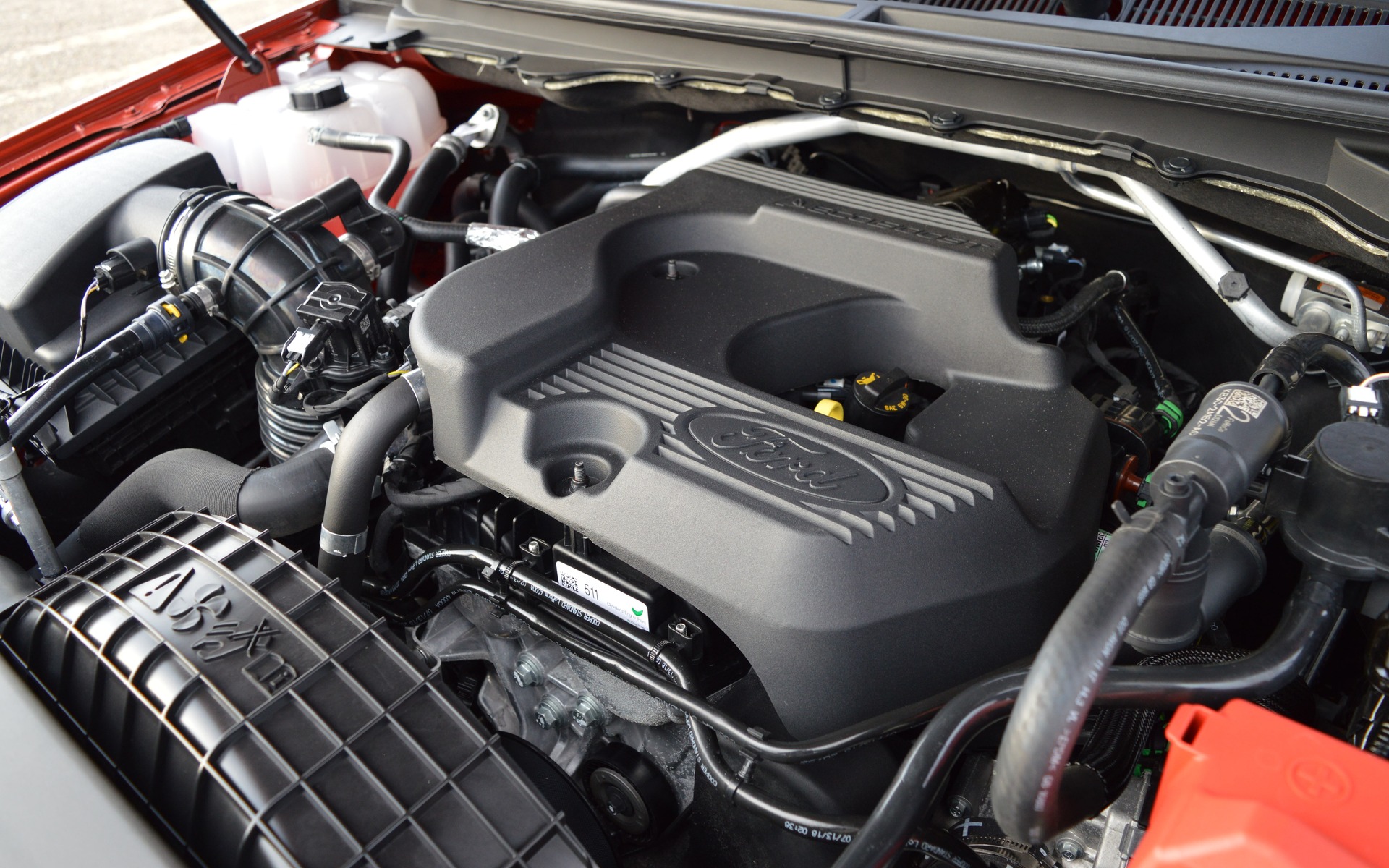Is the 2.2 Ford Ranger Engine the Right Fit for Your Driving and Work Needs?
Is the 2.2 Ford Ranger Engine the Right Fit for Your Driving and Work Needs?
Blog Article
What Makes a Car Engine Run Smoothly: Top Tips for Optimum Care
The smooth procedure of a vehicle engine is basic to both performance and long life, making optimum treatment a crucial obligation for automobile owners. What specific steps should you focus on to ensure your engine stays in peak condition?
Normal Oil Changes
One of the most critical elements of cars and truck upkeep is ensuring your engine obtains regular oil modifications. Engine oil lubricates internal elements, lowers rubbing, and aids preserve optimum operating temperatures. Over time, oil weakens due to heat, contaminants, and the all-natural byproducts of burning, leading to lowered efficiency and potential engine damage.
The majority of producers recommend changing the oil every 5,000 to 7,500 miles, but this period can vary based on driving problems and oil type. For example, artificial oils may enable longer periods between adjustments. Routine oil modifications not just improve engine efficiency but also boost gas effectiveness, as clean oil advertises smoother operation.
Overlooking oil adjustments can cause sludge build-up, which impairs circulation and can cause severe engine concerns. It is essential to check oil degrees frequently and monitor for any unusual changes in shade or uniformity, which could suggest contamination or destruction.

Preserving Coolant Degrees
Maintaining appropriate coolant levels is essential for avoiding engine overheating and ensuring optimal efficiency. The coolant, generally a mixture of water and antifreeze, circulates through the engine, taking in warmth and stopping thermal stress. Not enough coolant can bring about increased engine temperature levels, which might create extreme damages or even complete engine failure.
To keep ideal coolant levels, consistently check the coolant storage tank, typically situated in the engine bay. Make sure the coolant is filled up to the recommended mark, as shown in your vehicle's owner guidebook. It is recommended to inspect the levels at the very least once a month or eventually journeys, especially throughout severe climate condition.
If you see that the coolant level is continually low, there might be a leakage in the cooling system, which ought to be dealt with immediately to avoid additional problems. 2.2 ford ranger engine. Additionally, purging the coolant system every two to three years can aid remove any kind of collected particles and make certain reliable heat exchange
Checking Air Filters

It is suggested to inspect the air filter every 12,000 to 15,000 miles, Clicking Here or a lot more regularly if driving in messy or adverse problems. An easy aesthetic evaluation can commonly disclose whether the filter is filthy or damaged. It must be changed without delay. if the filter appears stained or has noticeable dust accumulation.
Making use of a top notch air filter made for your details automobile design can further improve engine performance. Additionally, some vehicles might benefit from reusable filters that can be cleaned and reinstalled, giving a eco friendly and cost-efficient choice.
Inspecting Spark Plugs
Ignition system are necessary elements of an automobile's ignition system, straight influencing engine performance and efficiency. They develop the trigger that stirs up the air-fuel mixture in the combustion chamber, promoting the engine's power generation. Routine assessment of ignition system is critical for preserving ideal engine function and preventing prospective concerns.
During an assessment, search for signs of wear or damages, such as fractures, carbon build-up, or excessive space widening. A healthy spark plug usually displays navigate to these guys a light brown or tan shade. Dark soot or oil down payments can indicate inappropriate combustion, while a raw or white look may recommend getting too hot. Both problems need prompt interest to stop further engine damages.
It's advisable to evaluate stimulate plugs every 30,000 miles, or as advised in your lorry's owner manual. Furthermore, think about replacing them according to the supplier's guidelines, as old or worn ignition system can cause misfires, lowered gas efficiency, and enhanced emissions.
Monitoring Tire Pressure
Under-inflated tires can lead to lowered gas efficiency, increased tire wear, and endangered handling. Normal surveillance of tire pressure is essential for optimum vehicle operation.
Tire stress should be examined a minimum of as soon as a month and eventually trips. Utilize a trustworthy tire pressure scale to determine the stress when the tires are chilly, preferably before the car has actually been driven for a minimum of three hours. Refer to the lorry's owner handbook or the placard located on the vehicle driver's side door jamb for the producer's recommended pressure degrees.
It is necessary to note that tire stress can fluctuate with modifications in temperature; a drop of 10 ° F can cause a 1-2 psi reduction in pressure. Additionally, visually examine tires for any kind of signs of wear or damages throughout your tracking regimen. Keeping correct tire stress not just improves lorry safety and security however likewise improves fuel effectiveness and extends tire life, inevitably adding to a smoother engine performance.
Final Thought
Finally, keeping an auto engine's smooth operation needs persistent interest to several crucial elements. Normal oil adjustments, proper coolant degrees, tidy air filters, properly maintained ignition system, and ideal tire stress jointly add to improved efficiency and long life. Abiding by these upkeep techniques not only boosts fuel performance yet also promotes a more secure driving experience. Inevitably, a proactive strategy to engine treatment is necessary for ensuring dependability and functionality gradually. 2.2 ford ranger engine.
One of the most important facets of auto maintenance is ensuring your engine obtains normal oil modifications. Engine oil lubes interior elements, lowers rubbing, and aids preserve optimal operating temperature levels. Routine oil adjustments not just improve engine performance but also enhance fuel effectiveness, as tidy oil promotes smoother operation.
Insufficient Web Site coolant can lead to raised engine temperature levels, which might cause serious damages or even overall engine failure.

Report this page